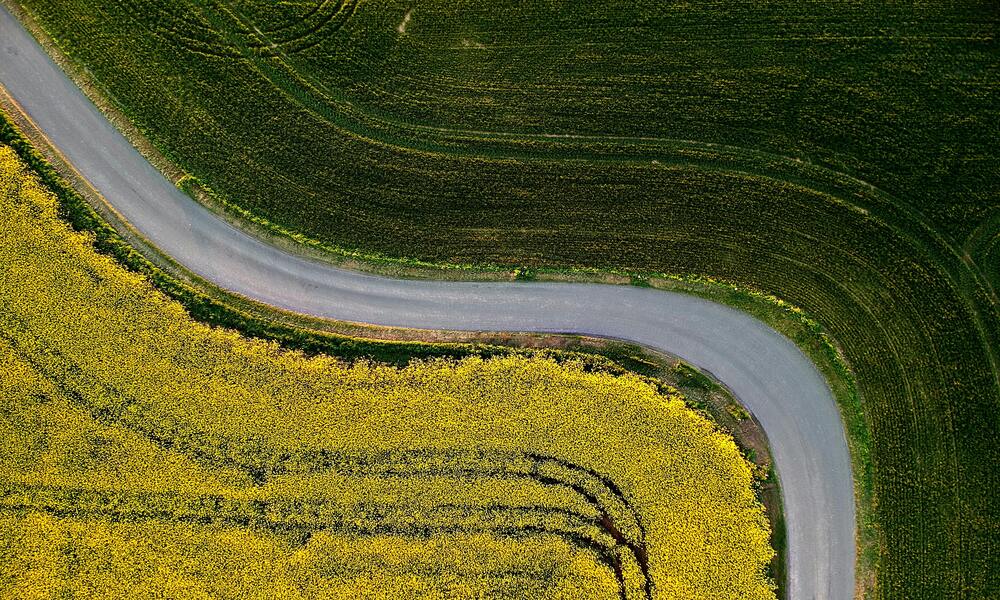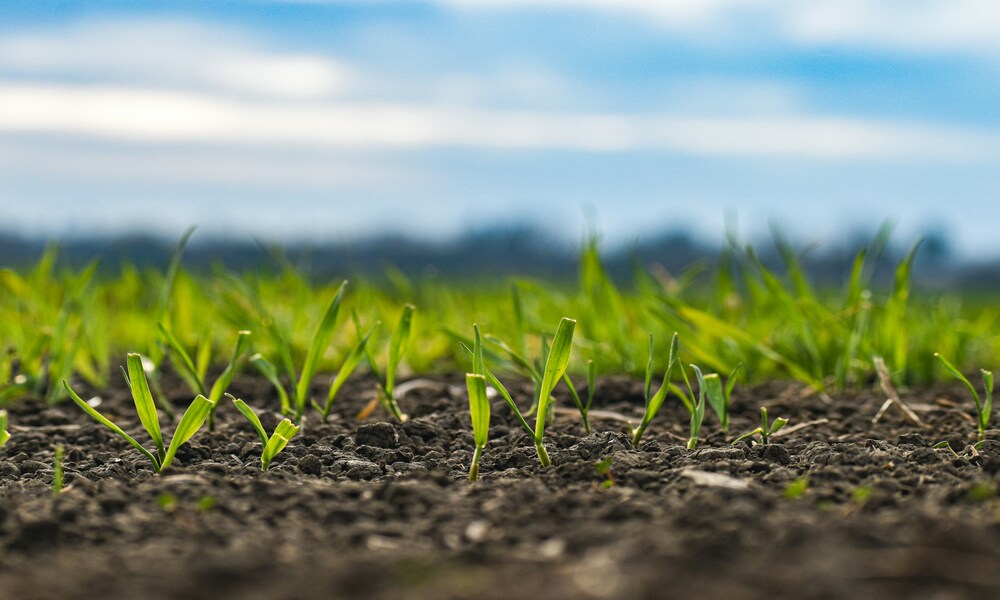Hi, I’m Angus Chalmers, Managing Director of RDP, a marketing company specialising in agribusiness and animal health.
In the first installment of The Inside Track series, I’ll be discussing sustainable farming. Specifically, its implications for agri-businesses, as well as the opportunities – and challenges – it presents.
So, what does sustainable farming actually look like for agribusinesses?
This is interesting because there are a number of distinct elements. The first is how agribusinesses are making their own businesses more sustainable. The second is how they are making their supply chains more sustainable and thirdly their role in helping their customers, farmers, become more sustainable.
This is primarily about understanding what sustainable means to them within their own environment, and then also how they make their supply chains sustainable too.
i.e. How do they make themselves head towards net zero in their own businesses? – For example using a renewable energy supplier, having electric cars or delivery fleets. These are all things they can actually influence within their own business.
The supply chain
The more difficult question, though, is how their supply chains become more sustainable and how they influence this – how do they find out the carbon footprint of the products they produce and sell, so that they can use that information to sell on to their farm customers? This is known as Scope 3. Then in terms of what they do for their farmer customers, how do they help them become sustainable and what does that look like?
A huge part of this lies in training or advice, and agri-business has a key role to play through their network of on-farm advisors.
It’s about helping farmers become more resilient – which means helping them understand what the benchmark is for their business. But many farmers at the moment are asking themselves “what’s the starting point?” Farmers all want to do the right thing – but they think “where on earth do I start?” “What are the right tools and what are the simple things I can do to make a change in my business?”
Why it matters?
To achieve net zero every element of every supply chain needs to be understood from a carbon perspective. This is a mind boggling task but one that is making progress. For example the regenerative movement on farm is gaining huge traction and creating its own momentum.
But there will be forces that push for ever greater change. In the immediate future two big drivers will be finance and retailers, who are way ahead of the policy environment. We can envisage a time when banks will require a carbon impact statement and reduction plan before lending. Similarly retailers setting carbon targets per unit of production.
There is absolutely a balance to be had between push and pull and a realisation that supply chains need to collaborate and work more closely together to become more resilient.
The broader picture: biodiversity
But the story isn’t just about net zero, it’s about biodiversity, air and water quality – so all of these things need to be taken into account, which is exactly what DEFRA is trying to do with their environmental land management schemes(ELMS).
Farmers can become a really positive force in supplying nature-friendly food, a countryside that delivers on biodiversity and helps with people’s mental wellbeing too.
We need to see a countryside that’s flourishing – it needs to flourish from an environmental perspective but also financially. To do this, farms need to take advantage of all of their assets – that could be flood water defences, visits for farm holidays, renewables, outdoor pursuits – and, of course, food.
Rather than perhaps how we’ve always viewed farming, maybe it’s time to look at it differently. It’s now about how to use the land in all sorts of different ways that contribute to the objectives we set as part of a UK Land Use Strategy.
If you have any questions about any of the issues mentioned here, get in touch. We’re always happy to hear from you, and always happy to help.





